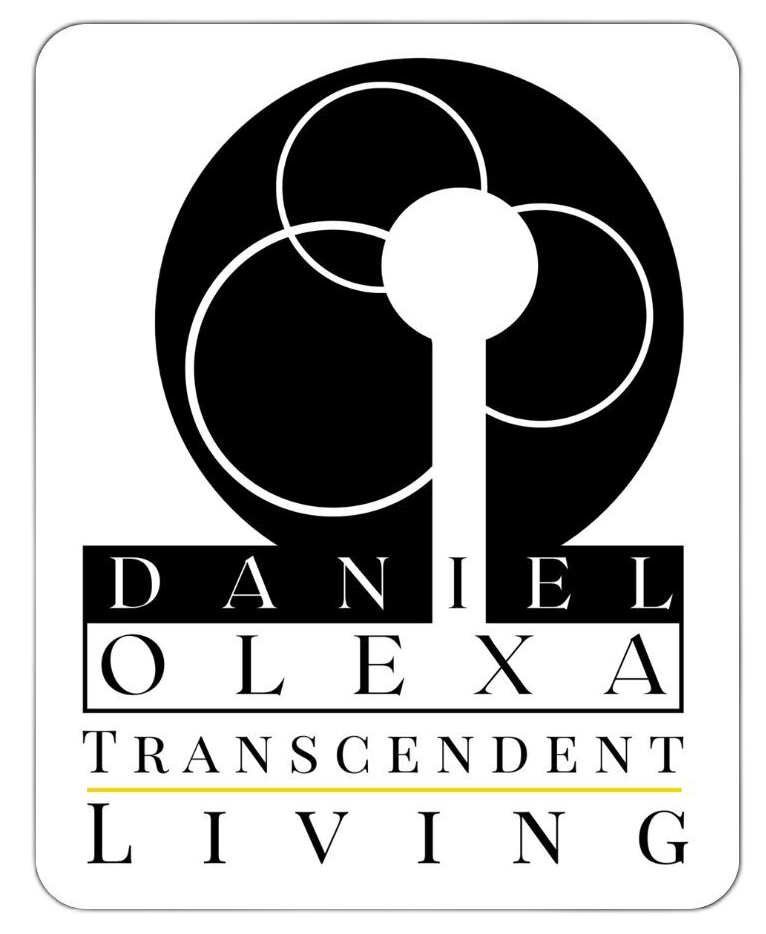What is the Difference Between Hypnosis and Meditation?
Both hypnosis and meditation are powerful methods to create a more mindful presence, and reduce stress, and when done properly take the mind to a similar level of brain-wave experience (namely Theta), they do differ in one key way.
While the purpose of meditation may differ for every individual, and possibly differ from session to session, I see meditation as a quieting of the mind…a method to create stillness and silence to develop or connect with a larger peace and awareness.
The Mayo Clinic presents an excellent summary of meditation here.
Hypnosis, as used in hypnotherapy takes place in a similar brain-wave state, either Alpha or Theta, but we are focusing on an outcome. The client wants to achieve a goal, and I’m facilitating that work by guiding them to that natural, yet altered, state of mind.
The client is fully aware and in control during the session, and unlike meditation, which tends to be silent, we may be dialoguing back and forth while the client is in that state of relaxation. Sometimes, depending on the work we are doing, there can be a big emotional experience and release (for example, if someone experienced a trauma in their past, they may have developed a fear associated with it, or a sense of unworthiness. Those can be dramatic events to see again, whether from an associated or disassociated perspective.) My job is to facilitate the experience back to the ultimate successful outcome for the client.
The difference?
While both begin with focused attention and creating a state of relaxation that leads to an altering of the participant’s state of mind, hypnotherapy will engage the subconscious past that point and potentially create a dialogue for understanding where and why a person may be facing challenges in their life.
Working in this way, the client is guided to release limiting beliefs and fears, connect to their ideal outcome via future-paced visualizations, and possibly provided with a series of positive suggestions (much like mantras or affirmations) to help reprogram their subconscious from a negative mindset of limitation to a success-focused mindset of achievement.
Releasing these old beliefs can sometimes be an emotional process for the client. As they process through these limiting ideas, they may cry, scream, or become introspectively silent until they are ready to fully let go of what has held them back from achieving their goals or beating up their self-confidence.
These emotional moments are quite different than the calm, peaceful state that is commonly associated with meditation.
This is a powerful experience and in many cases leads to a new awareness of personal ability.
Contact me to learn more about how hypnosis can help you become more mindful, confident, and stress-free.

